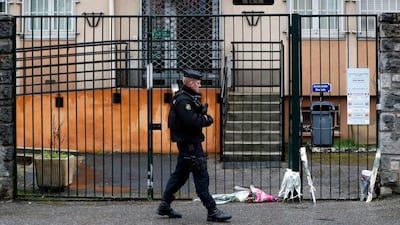Innocent blood was spilled in the small towns of Carcassonne and Trèbes in southern France last week in an attack claimed by ISIL. Three lives were lost; plenty more were irrevocably altered. 26-year-old Redouane Lakdim stole a car, killing a passenger and a policeman before taking hostages in a supermarket, injuring 16 people. He allegedly cried "I am a soldier of [ISIL]", before demanding the release of the sole surviving suspect of the November 2015 Paris attacks. On Saturday morning, a gendarme who traded himself for a hostage died of his wounds. His heroism reminds us that humanity is stronger than hatred.
France has experienced a period of calm following a sustained terror campaign, which began when gunmen stormed the offices of Charlie Hebdo in January 2015. Attacks followed in Normandy, Nice and Paris, leaving well over 200 dead. The intervening years have also seen brutal attacks in Barcelona, London, Stockholm and Brussels. Events in Trèbes are a grim reminder that full security is but an illusion in major cities and demonstrates the latest strategies of ISIL reborn. In 2014, the world watched on with horror as the group spread like a virus in Iraq and Syria, murdering and enslaving communities under its control. But today its "caliphate" is dead, and its fighters scattered across the region. Many will return to Europe, where they are unlikely to live quiet lives. ISIL now bears the characteristics of a conventional terror group, dependent on angry isolated young men to commit atrocities in its name. Too many in western Europe seem to fit that profile.
Lakdim bore the hallmarks of previous attackers, particularly Mohamed Lahouaiej-Bouhlel, who killed 86 people with a lorry in Nice in 2016. Moroccan-born Lakdim was known to the French intelligence services since 2014. He dabbled in petty crime, including drug-dealing, and lived with his parents and sisters in bleak social housing near the picturesque town of Carcassonne. He may have visited Syria. The familiarity raises perennial questions about how to stop the increasingly well-trod path from disaffected misfit to murderous militant. Governments must be alert to radicalisation. But they must also make attempts to draw in those on the margins with education and employment opportunities. Nevertheless, today, in the aftermath of another cowardly attack targeting innocent civilians, we must maintain our resolve and pause to mourn the victims, including a gendarme whose self-sacrifice has propelled him into hearts and minds in France and far beyond.

